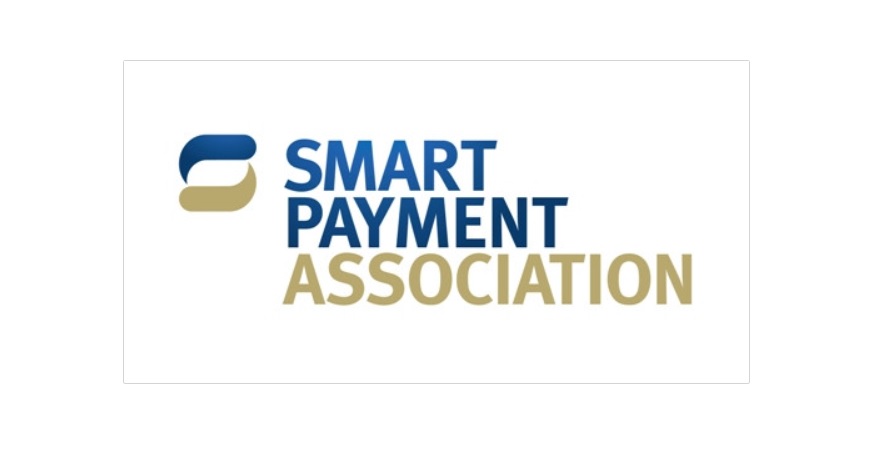
Analysis from the Smart Payment Association (SPA) confirms that the global semiconductor (chip) shortage will continue throughout 2023, „severely impacting the delivery of payment cards worldwide,” according to the press release. This ongoing supply challenge results from a range of factors including post-COVID recovery leading to a surge in demand of semiconductors.
Additionally, payment card deliveries are suffering from extended lead times for key raw material supplies such as plastic, metal and other components of a smart card. This is due to various factors including recent COVID-related factory shutdowns in China, and global supply chain disruptions created by materials shortages and freight capacities still not at the pre-COVID level.
While these factors continue to exert pressures, the payment card manufacturers in the SPA[1] do their utmost, together with their respective customers, to design and implement card supply risk mitigation strategies. These include robust inventory management, optimizing utilization of all available products and stock levels, greater forecast accuracy, and ever-closer collaboration with respective suppliers to reduce impact.
As noted in the SPA communication of June 2021, the uninterrupted supply of payment cards is essential to the social and economic lives of billions of citizens around the globe. Most recent data[2] from the SPA show that more than 2.63 billion smart payment cards and modules[3] were shipped worldwide during 2021.
The SPA believes the shipment volumes would have been even higher had it not been for the chip shortage affecting the industry. SPA members suffered from chip allocations preventing them from fully serving the demand of their customers.
Payment cards are essential for everyday life and business – for consumers and enterprises. 75% of the non-cash payment were made with cards, in 2020[4] (including online payments, directly or indirectly via digital wallets). Payment cards are also critical for accessing cash. SPA therefore highly supports recent legislation in the European Union (European Chips Act[5]) categorising the provision of semiconductors to the payment card industry as high priority. A similar initiative has been launched by the United States Government to strengthen the domestic semiconductor sector (Chips and Fabs Act[6]).
SPA urges once again the semiconductor industry to recognize the essential character of payment cards, and to work with its members to ensure resilient supply of chips in the future.
[1] The payment card manufacturers in the SPA are Austria Card, G+D, IDEMIA, Thales
[2] The following companies participate in the SPA Market Monitoring process: CPI, G+D, IDEMIA, NXP, STMicroelectronics, Thales
[3] Embedded in the payment card body during manufacturing, the module consists of the encapsulated smart card chip, attached and electrically bonded to the micro connector or contact plate.
[4] https://www.capgemini.com/us-en/news/capgeminis-world-payments-report-2021/#
[5] European Chips Act: Communication, Regulation, Joint Undertaking and Recommendation | Shaping Europe’s digital future (europa.eu)
[6] See for instance: CHIPS for America Act & FABS Act – Semiconductor Industry Association (semiconductors.org)
Banking 4.0 – „how was the experience for you”
„To be honest I think that Sinaia, your conference, is much better then Davos.”
Many more interesting quotes in the video below: